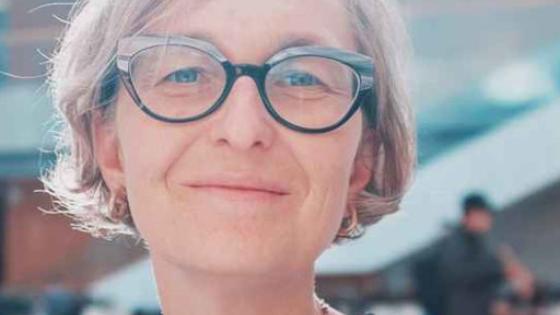
Marianne Bertrand
Marianne Bertrand’s goal is to address inequality head on. The expert on labor markets, corporate finance and development economics has focused her work on harassment and discrimination, documenting biases in the hiring process.
Search the site
Between 2019 - 2022, CEPR worked in partnership with UBS to celebrate contributions of women in economics, with a series of portraits and video interviews. This programme shone a light on quality research and policymaking from female leaders in their field. Women in Economics featured videos of prominent researchers discussing their work and insights. The content was designed to appeal to non-expert audiences, as well as those with a deeper understanding of economics.

Marianne Bertrand’s goal is to address inequality head on. The expert on labor markets, corporate finance and development economics has focused her work on harassment and discrimination, documenting biases in the hiring process.
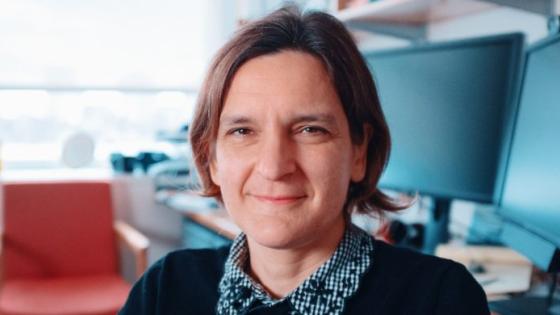
One of the most influential development economists today, Esther Duflo has worked on immunization, gender equality, and health. The Nobel Laureate of 2019 supports governments and organizations across the globe to make policy work better for poor people.
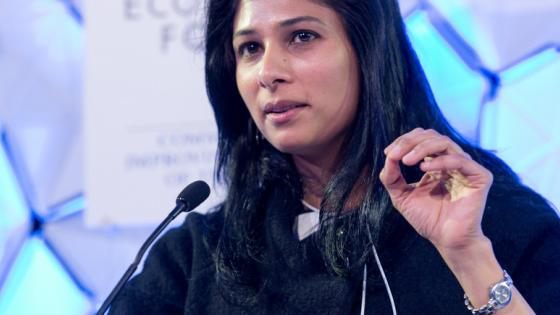
Gita Gopinath is the first woman to hold the position as Chief Economist at the International Monetary Fund. The Harvard professor is a leading scholar in exchange rates, sovereign debt and capital flows.
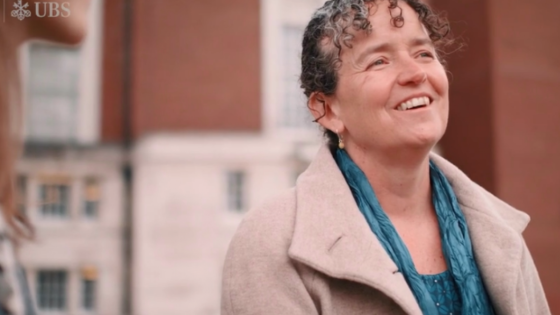
What helps people to make better choices in life? Rachel Griffith explores which public policies are most effective to improve dietary choices. An expert on fiscal policy, she also looks at a total rethink of corporate taxation.
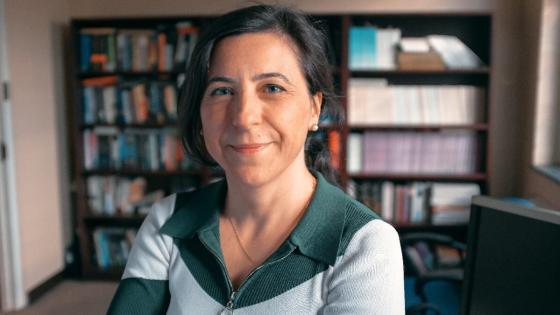
Şebnem Kalemli-Özcan works with big data to look at the links between financial and real sectors in advanced and developing economies. As an expert on international finance, she sheds light on the importance of financial integration in promoting global growth.
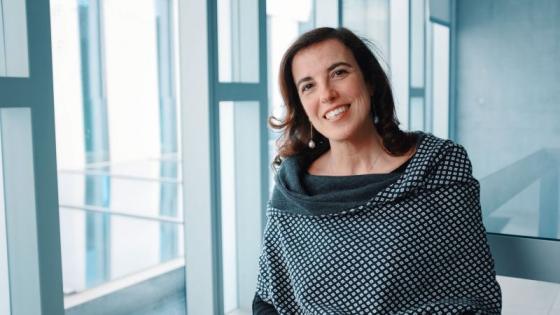
Eliana La Ferrara’s areas of expertise range from social mobility and counteracting stereotypes to state functioning within fragile environments. A focus point in her work is finding ways to help people deal with constraints that may be detrimental for their wellbeing.
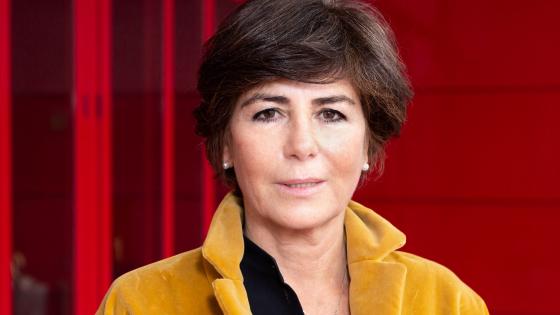
Lucrezia Reichlin uses the knowledge available today to better predict tomorrow. A pioneer of what is now known as big data, the expert on business cycles and monetary policy looks at forecasting the status of the economy.
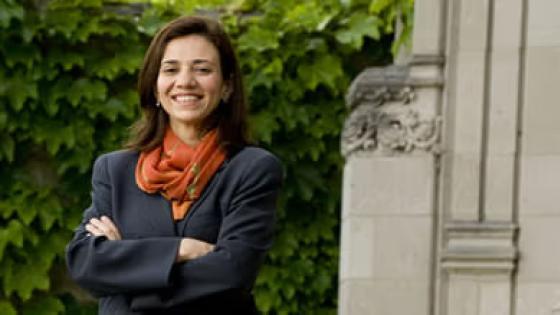
Paola Sapienza works in the relatively new field of cultural economics. The Italian finance professor studies the impact of people’s cultural beliefs and preferences on economic outcomes. Her other areas of research examine gender biases in the sciences.
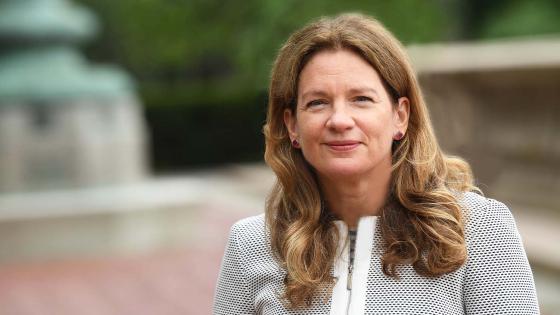
Stephanie Schmitt-Grohé is an expert on international macroeconomics and monetary stabilization policies. Her work covers a wide range of topics, addressing unemployment, inflation, or trade. The economist’s key focus is on effective tools for government intervention.
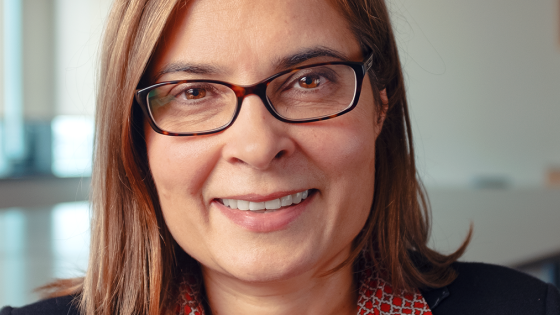
Consumer finance, entrepreneurship and the impact of a CEO – Antoinette Schoar’s areas of expertise are as exciting as they are topical. As a co-founder of Ideas42, she also tackles important social challenges.
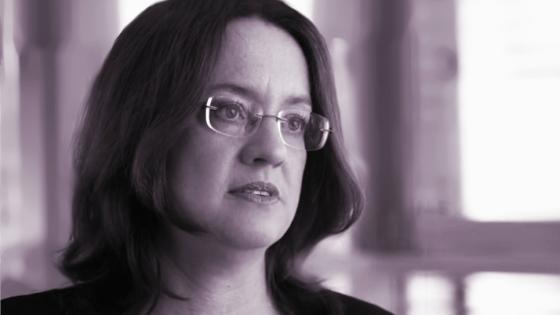
Michèle Tertilt researches credit markets, consumer debt and bankruptcy systems. The macroeconomist also asks whether women are better for development and looks at important decisions that affect an economy – those that are made within families.
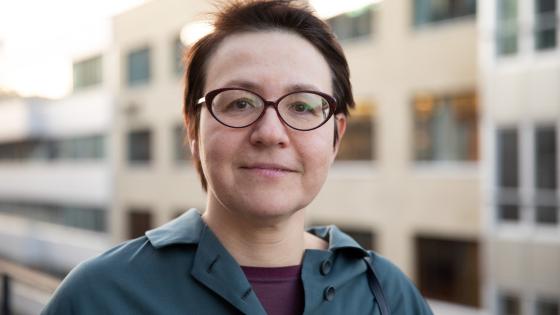
Ekaterina Zhuravskaya researches economic, political and social determinants of beliefs and how these can lead to ethnic conflict. The political economist also looks at the role of media, taking on one of the most complex topics of the day: fake news.
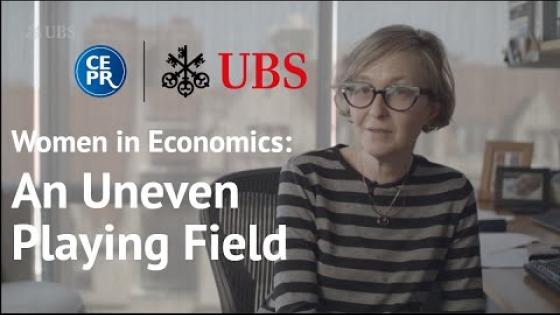

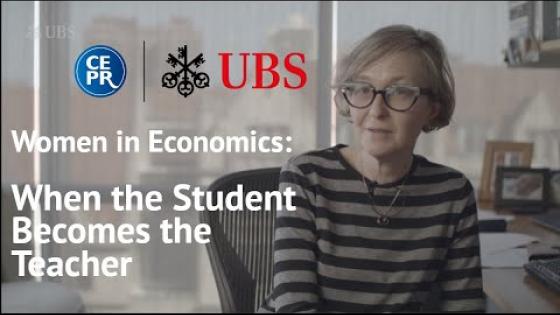

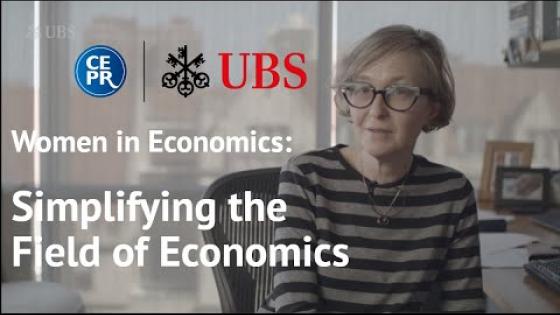

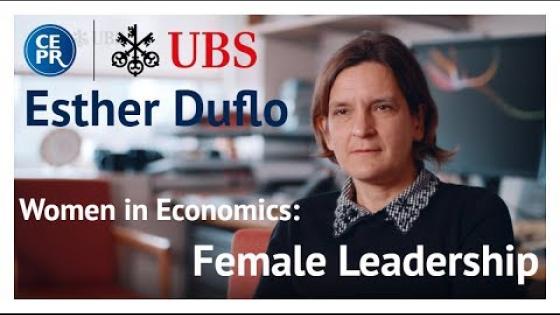

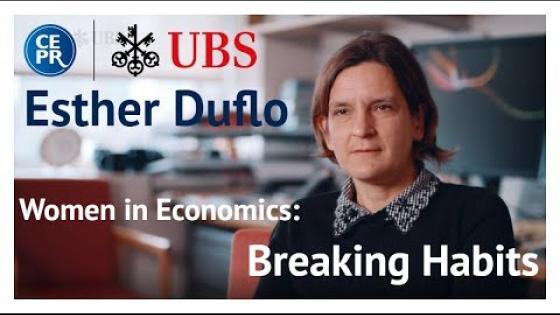

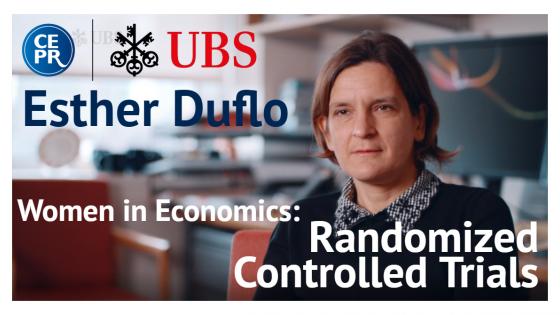

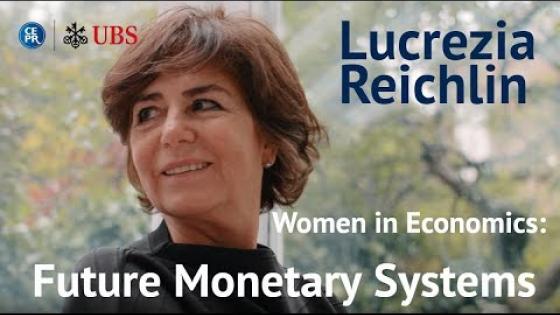

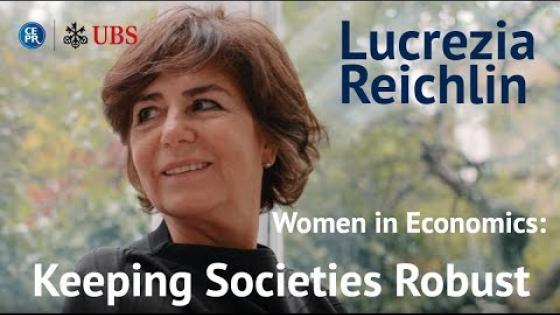

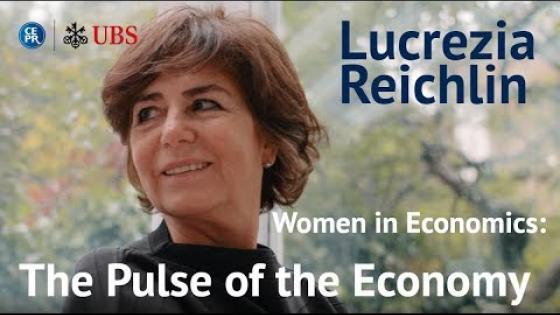

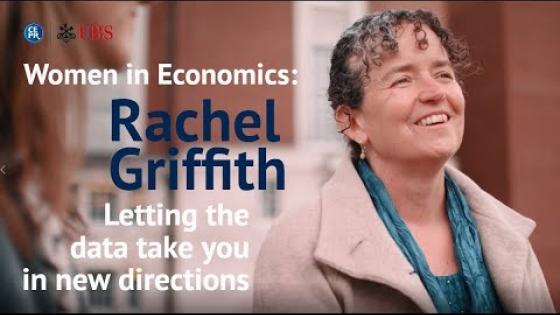

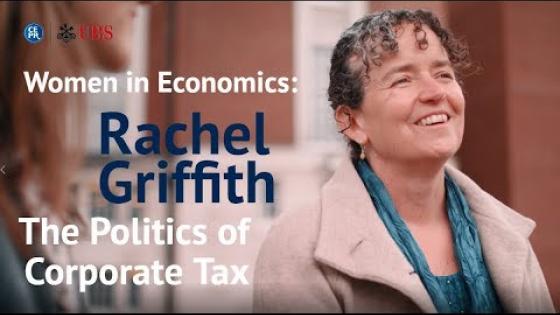

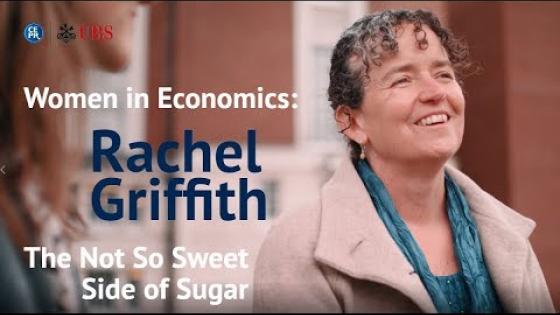

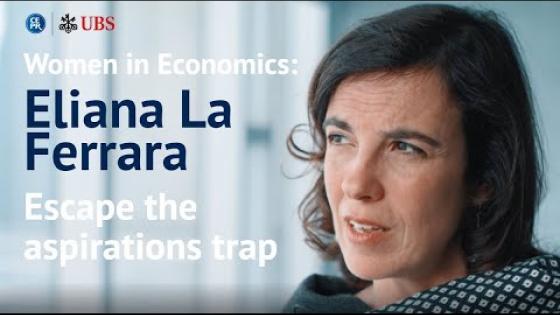

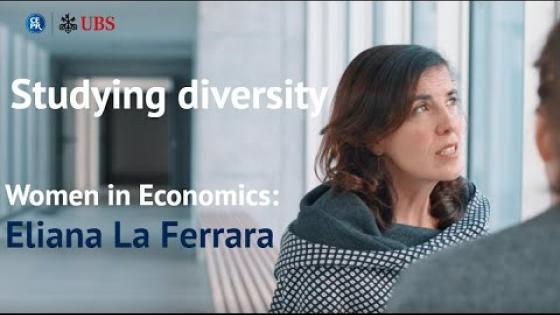



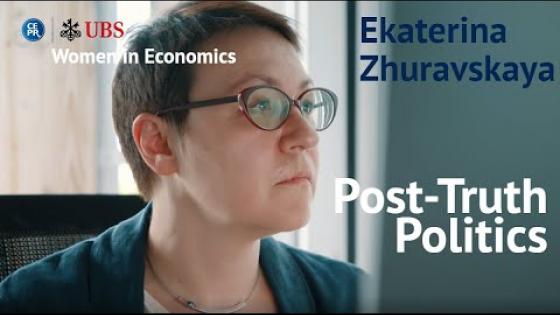

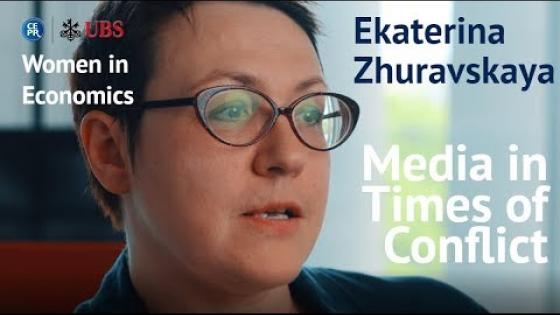

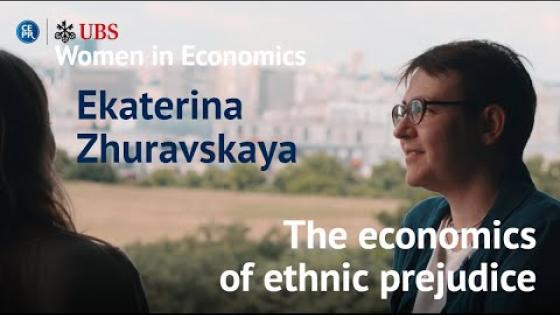

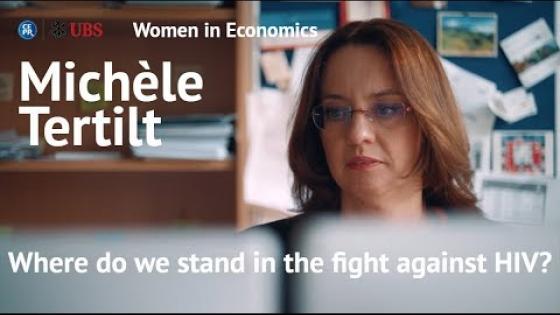

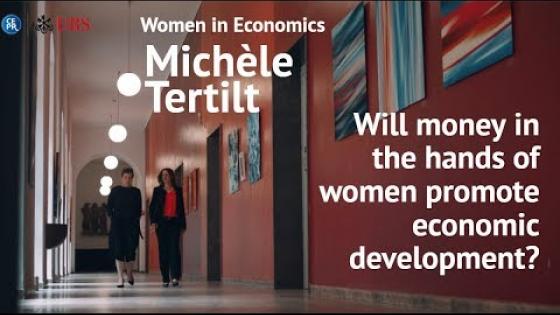

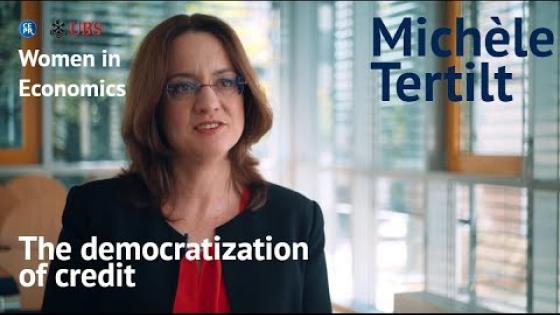

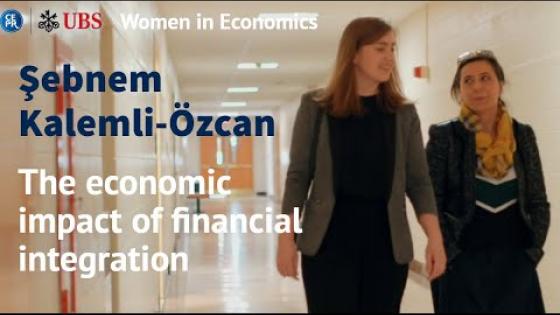

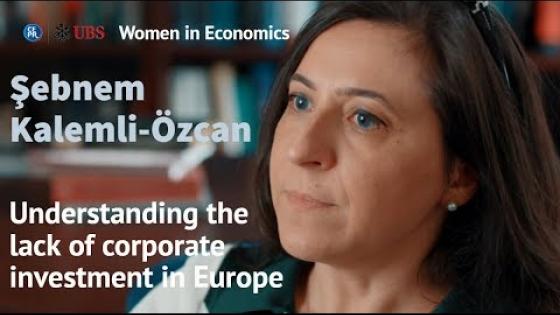

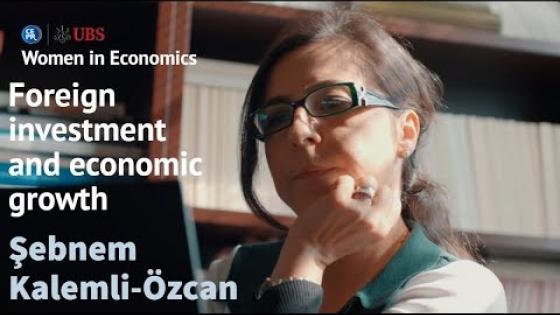

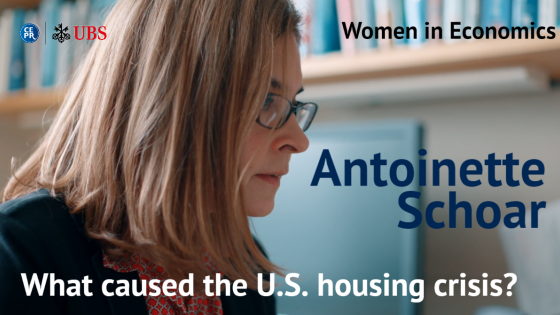

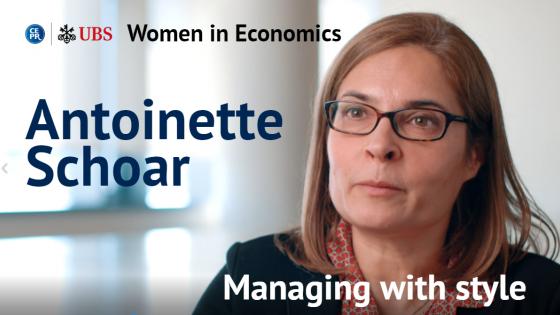

.jpg?itok=k1bRrFhm)

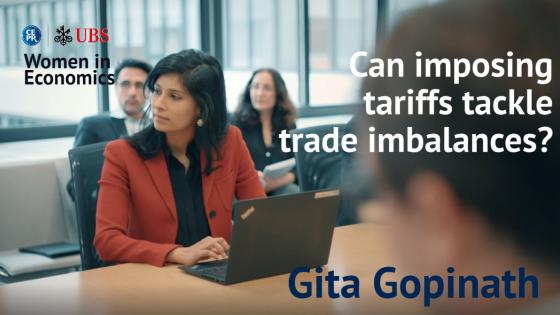

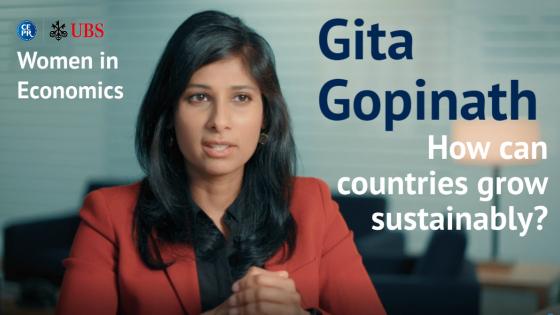

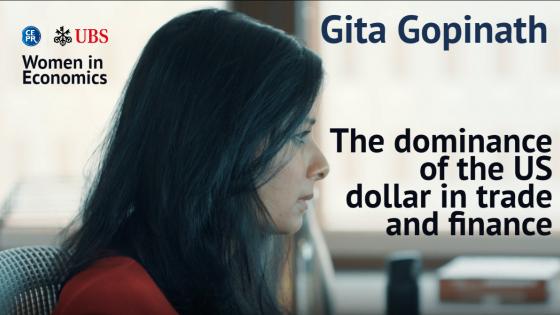

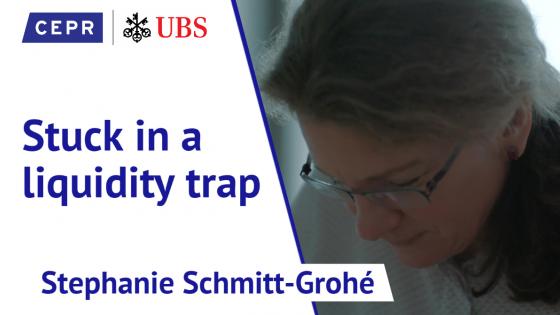

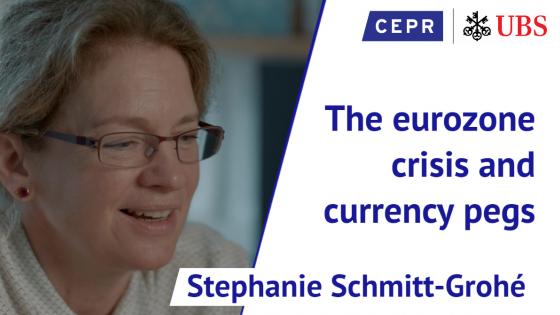

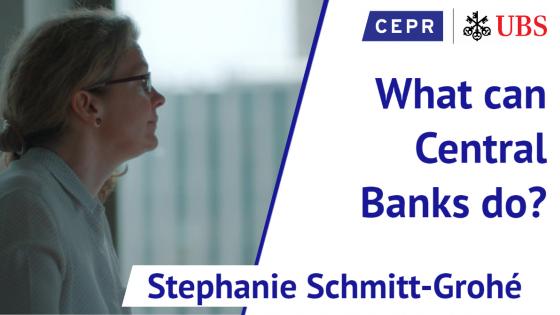

.jpg?itok=Rgc2l9nO)

.jpg?itok=XGLsRnBM)

.jpg?itok=1jXI4ayd)
